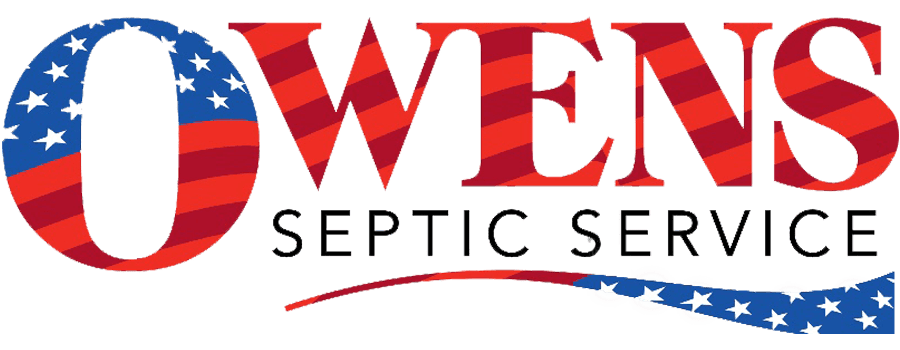Understanding Your Septic System
Maintaining a healthy septic system is essential for every homeowner who relies on one. While it may seem straightforward, what you flush down your toilets and sinks can significantly impact the efficiency and longevity of your septic system. In this guide, we’ll explore essential guidelines for septic system care and what you should and shouldn’t flush to keep your system in top shape.
What You Should Flush
- Human Waste and Toilet Paper
- The Basics: The primary purpose of your septic system is to handle human waste and toilet paper. Both are designed to break down in the septic tank, so flushing these is generally safe and expected.
- Tip: Use septic-safe toilet paper, which dissolves more quickly and is less likely to cause clogs.
- Biodegradable Cleaning Products
- The Basics: Mild, biodegradable cleaning products can be used safely in your home without harming your septic system. Look for products labeled as septic-safe.
- Tip: Use these products sparingly to avoid overwhelming the system with chemicals.
What You Should Avoid Flushing
- Non-Biodegradable Items
- Examples: Items like sanitary products, diapers, wipes (even those labeled “flushable”), and plastic objects do not break down in the septic tank. These items can cause clogs, backups, and system damage.
- Why: Non-biodegradable items can accumulate in the tank and eventually lead to blockages in the drain field.
- Chemicals and Cleaning Agents
- Examples: Harsh chemicals, bleach, and heavy-duty cleaners can kill beneficial bacteria in your septic tank, disrupting the natural breakdown process.
- Why: Without these bacteria, solids don’t decompose as effectively, leading to a quicker buildup of sludge and potentially more frequent pumping.
- Grease and Oils
- Examples: Cooking grease, oils, and fats should not be flushed or poured down the drain.
- Why: Grease can solidify in the pipes and tank, causing blockages and system failures. Instead, dispose of grease and oils in the trash.
- Food Waste
- Examples: Large amounts of food scraps or leftovers should not be put down the garbage disposal if you have a septic system.
- Why: Excessive food waste can lead to increased sludge buildup in the tank and potential issues in the drain field.
- Medicines and Pharmaceuticals
- Examples: Prescription and over-the-counter medications should not be flushed down the toilet.
- Why: Medicines can contaminate groundwater and disrupt the balance of bacteria in the septic tank. Proper disposal methods are recommended.
Additional Tips for Septic System Care
- Use Your Garbage Disposal Wisely
- Tip: If you have a garbage disposal, use it sparingly. It’s better to compost or dispose of food waste properly to reduce the amount of solids entering your septic system.
- Regular Pumping and Inspections
- Tip: Even with careful flushing habits, your septic tank will need periodic pumping and inspection. Most experts recommend pumping every 3 to 5 years, depending on usage and tank size.
- Water Conservation
- Tip: Minimize water usage to reduce the load on your septic system. Fix leaks, install water-saving fixtures, and avoid running multiple appliances simultaneously.
- Educate Household Members
- Tip: Ensure everyone in your household understands what can and cannot be flushed. Clear communication can help prevent accidental misuse of your septic system.
Conclusion
Proper septic system care starts with understanding what can and cannot be flushed. By following these essential guidelines, you can help maintain the efficiency and longevity of your system, avoid costly repairs, and ensure that your home’s sanitation needs are met. Always remember that while your septic system is designed to handle certain types of waste, avoiding harmful materials and chemicals is key to keeping it running smoothly. For more specialized advice or services, consider reaching out to a professional septic service provider to ensure your system remains in optimal condition.

